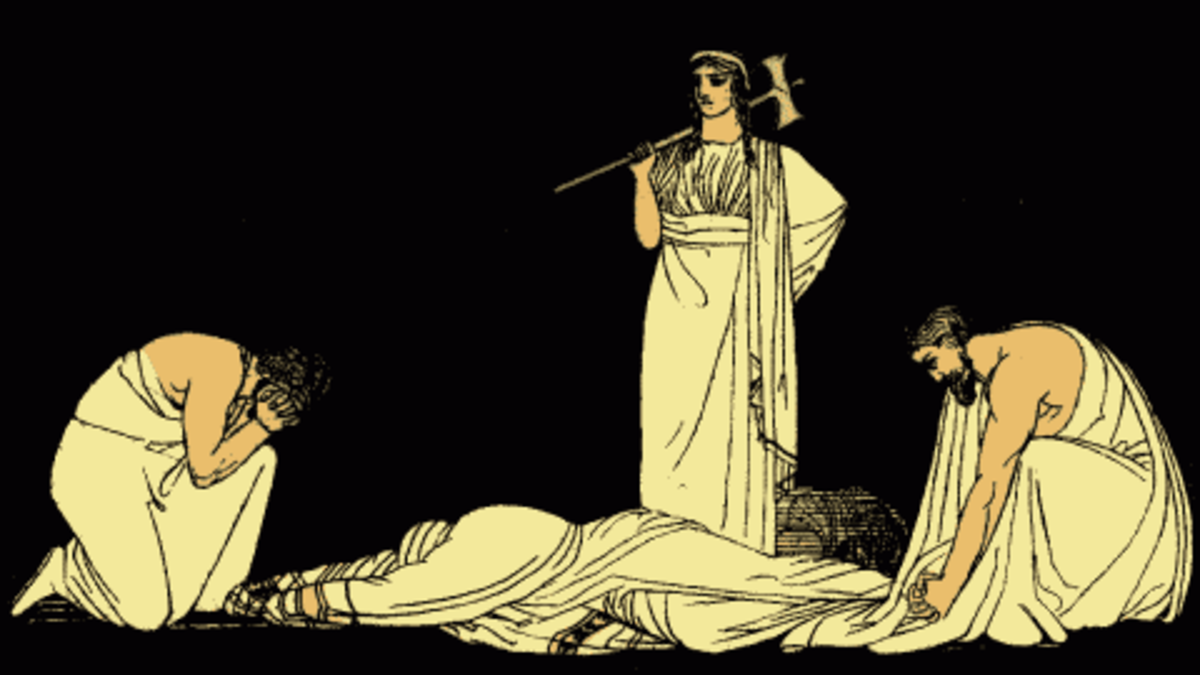- Legal Education and Access Portal
Constitution Petition 134/2012 (Requiem for private legal education in Pakistan)
Date of hearing: 20.08.2018 & 24.8.2018 at Lahore and 28.8.2018 at Islamabad.
Court: Supreme Court of Pakistan
Judges Present: Mr. Justice Mian Saqib Nisar, HCJ; Mr. Justice Umar Ata Bandial; Mr. Justice Ijaz Ul Ahsan
Name: Constitution Petition No.134 Of 2012 & Civil Misc. Application No.1864 Of 2010 In Constitution Petition No.9 Of 2005 & Civil Misc. Applications No.1939 Of 2014, 5959 Of 2016, 4095, 1793, 2876, 2996, 3014 And 6672 Of 2018 In Constitution Petition No.134 Of 2012 & Civil Misc. Applications No.3034, 3048, 3051 And 6247 Of 2018 In Civil Misc. Application No.1864 Of 2010.
Decision: In this decision the Supreme Court provided the detailed reasons for its short order dated 31 August 2018 on the issue of legal education’s standards in the country.
Honourable Mr. Justice Umar Ata Bandial delivered the judgment on behalf of the Court.
Constitution petition 134 of 2012 was filed by the Pakistan Bar Council (“PBC”) seeking to obtain enforcement of the judgment of the Supreme Court rendered in Pakistan Bar Council vs. The Federal Government & Others (PLD 2007 SC 394) (“PBC judgement”)wherein the matter of declining standards of legal education and the mushroom growth of substandard law colleges in the country was considered.
In its analysis of the petition, the Supreme Court first of all denounced the worrisome declining quality of legal education in Pakistan and contrasted it with other countries where it is instead increasing to meet ‘the complexity of legal relations and problems that arise in the increasingly integrated global society and market’ (Paragraph 5).
The necessity of a multidisciplinary curriculum, complemented with a vast offer of extra-curricular activities was underlined in the judgement: ‘mooting, clinical legal education, mock trials, client interviewing, negotiation and mediation’ were singled out by the Supreme Court as good examples of what legal education should include (Paragraph 10).
Moreover, the Court explained that a multifaceted curriculum and a variety of extra-curricular activities are not sufficient to ensure quality education is imparted to law school’s students. Making sure law education is imparted by teachers who have proper qualifications and experience, together with proper infrastructures and appropriate students/teacher ratio are all vital elements if improvement in the quality of legal education is ever to be achieved (Paragraph 13).
The judgement went on decrying the fact that the new generations aspiring to become lawyers do suffer also after leaving their law school, when they enter the profession. Justice Umar Ata Bandial pointed out that the lack of proper mentoring of fresh graduates by the senior members of the Bar, severely compromises the ethical and skill development of the junior members of the legal fraternity (Paragraph 14).
The Court relied mainly on two sources throughout its judgement: the Report of the Special Committee for Structural Reform in Legal Education, which had been constituted by the Supreme Court itself on 21-01-2018 and the PBC Judgement, also released by the same Honourable Court, with the consequently PBC-enacted affiliation and legal education rules.
Towards the end a passage from a decision of the Supreme Court of Canada, Sidney Green vs. the Law Society of Manitoba (2017 SCC 20), is quoted by the apex bench to support the argument in favour of continuous professional development (Paragraph 14).
The second part of the decision, from paragraph 15 onwards, which covers almost one third of the judgement, is a repetition of the order of the Court released on 31-08-2018, as amended on 31-12-2018, whose summary is reproduced here for ease of reference of the reader.
The order restores the Bar Entrance Examination or Law Graduate Assessment Test (LAW GAT), which will be held every three months by the Higher Education Commission of Pakistan (HECP) and confirms the introduction of a compulsory entry test to Law College called Law Admission Test (LAT), which shall be held biannually by HECP. Graduates from foreign universities recognized by the Pakistan Bar Council will need to pass a Special Equivalence Examination as a pre-requisite for taking the LAW GAT.
The Court goes on to specify which universities are recognized and authorised under the Pakistan Bar Council Legal Education Rules 2015 to be law degree awarding institutions. The order also prohibits conducting LL.M. and Ph.D. classes by unauthorised or unrecognised educational institutions, and introduces limits on admissions to L.L.M. and Ph.D. courses based on HECP criteria, including a ceiling on the maximum number of intakes.
As the order bans evening classes being offered at all law classes and universities, it also imposes a fix students to faculty ratio. Special mechanisms for allocation of funds to PCB are introduced, together with a non-practicing allowance to lawyers who devote all or part of their time to teaching. Moreover, the Court identifies 31 December 2018 as the last date for admission to three-year LL.B. programme, after which it will be replaced by a five-year LL.B. programme starting from September 2018 onwards.
After instructing the PCB to establish a Secretariat/Directorate of Legal Education and to constitute an Implementation/Monitoring Committee to enforce the directions given, the order goes on to identify and shut down one unregistered university and several law colleges around the country. Many other law colleges across Pakistan are given six months to improve on their weak areas to avoid being forced to close.
Finally the order states that any appeal against a final order issued under University rules stands with the Supreme Court of Pakistan.
After this the Honourable Supreme Court concludes its judgement by dismissing Constitution Petition 134/2012, the Civil Miscellaneous Application 1864/2010 and all ancillary applications, in light of the foregoing argument.



